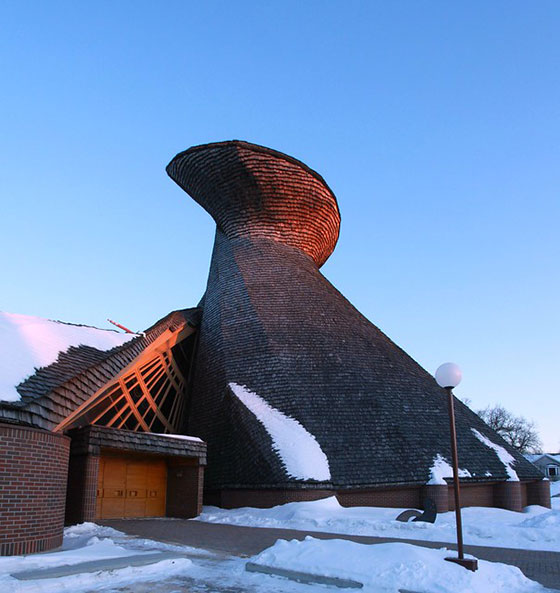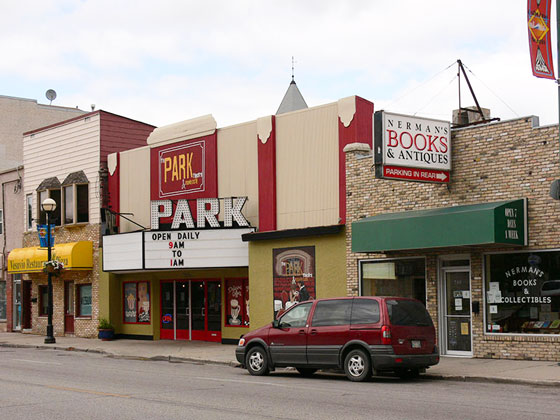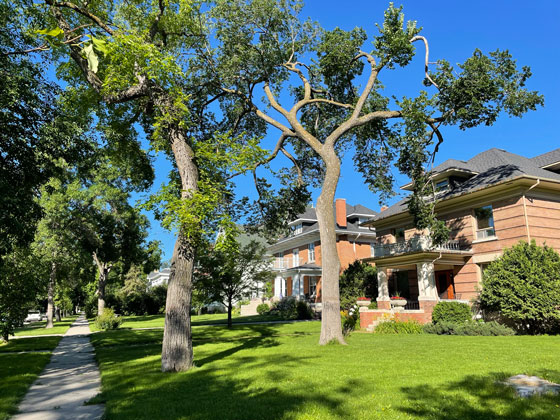Topics we cover
What are the steps to selling your home?
How to price your home
How much are the legal fees
What’s the most profitable way to sell your house
How long do most houses take to sell
Do I need a REALTOR® to sell my home
Selling a home can be an exciting yet challenging experience, especially in a dynamic real estate market like Winnipeg’s. To make the process smoother and more profitable, it’s important to know the key factors involved, including pricing, legal fees, selling methods, timelines, and whether or not to use a REALTOR®. Here’s a guide on how to sell a house in Winnipeg in 2024, covering essential details to help you make informed decisions.
Here are the general steps to selling your home
Prepare Your Home for Sale
Set the Right Price
Market Your Home
Show Your Home
Receive Offers and Negotiate
Hire a Real Estate Lawyer
Complete a Home Inspection and Fulfil Conditions
Close the Deal

How to Price Your Home
Setting the right price for your home is crucial for attracting potential buyers and ensuring a timely sale.
The fastest way to know the optimal asking price for your home is to do a Comparative Market Analysis (CMA). A CMA is an in-depth report on a home’s current value prepared by real estate professionals. It considers factors like size, location, condition of the property, recent sales of comparable homes and amenities.
CMAs can be technical but if you’d like to get a quick estimate of the value of your home here is what you do:
Research Comparable Sales (Comps): Look at recently sold homes in your neighbourhood with similar size, features, age, and condition.
Use Online Real Estate Platforms: Check platforms like MLS®or realtor.ca for recent sale data on comparable properties.
Assess Local Market Trends: Determine whether it’s a buyer’s or seller’s market by reviewing recent sales volume and price trends in your area.
Consider Neighbourhood Factors: Evaluate the impact of your home's proximity to schools, parks, shopping centers, and public transit.
Account for Upgrades and Features: Factor in any improvements or unique features your home offers, like a finished basement, renovated kitchen, or large yard.
Review Market Timing: Consider whether seasonal factors, such as the busier spring/summer selling periods, could affect your home’s value.
Estimate a Price Range: Based on the data gathered, calculate a competitive price range that aligns with current market conditions and similar home sales.
How Much are the Closing Costs?
Legal fees are a necessary part of selling a home in Winnipeg, as you’ll need a lawyer to handle the paperwork, title transfer, and financial details. In 2024, legal fees in selling a home in Winnipeg typically range between $1,000 and $2,500, depending on the complexity of the sale and the lawyer you hire.
The legal fees generally cover:
Property Tax Adjustments
Handling the mortgage discharge.
Conduction title searches
Transferring the title & closing the sale
Receiving deposit monies
Real Estate Law is not the glamorous side of law like what you see portrayed on TV. Many solicitors add this to their portfolio because it seems easy. Just like a surgeon that does many surgeries the lawyer you choose should be skilled in this and perhaps even their primary area of practice.
What’s the Most Profitable Way to Sell Your House?
To maximize your profit when selling a home in Winnipeg, you’ll need to focus on three key areas: Creating the most visibility and awareness in the marketplace and presenting your home in the best possible way.
Minimising Expenses
Avoid unnecessary upgrades, but do invest in small repairs and cosmetic updates that can increase the value.
Stage your home professionally or do it yourself by decluttering and ensuring the space is clean and welcoming.
Choosing the Right Time
Winnipeg’s market tends to be more active during the spring and summer months, which could lead to more competitive bidding resulting in higher offers.
Marketing Effectively
Use professional photography, virtual tours, staging, video, traditional advertising and social media marketing to attract a larger pool of buyers.
Consider Working with a REALTOR®
While hiring a Realtor® does come with a commission fee, their expertise in pricing, negotiating, and marketing can often result in a higher final sale price.
According to the NAR 2023 Profile of Home Buyers and Sellers, FSBO homes sold at a median price of $225,000, while homes sold with the help of a Realtor® had a median price of $345,000, showing a 53% difference in price.

How Long Do Most Houses Take to Sell?
The time it takes to sell a home in Winnipeg can vary based on factors such as market demand, pricing, and the condition of the property. In 2024, the average time on the market for a well-priced home in good condition is about 30 to 60 days. Homes that are overpriced or need significant repairs may take longer to sell.
Factors that may influence the selling time:
Location: Homes in highly desirable neighbourhoods will sell faster.
Price: Homes priced competitively attract more offers and sell more quickly.
Market Conditions: A seller’s market can result in faster sales, while a buyer’s market may extend the selling period.
Do I Need a REALTOR® to Sell My Home?
You don’t need a REALTOR® to sell your home in Winnipeg. You aren’t legally required to use one. However, hiring one can make the process smoother, less stressful, and more profitable.
Here are the pros and cons of selling with and without a REALTOR®:
Pros of Using a REALTOR®:
Expertise: A Realtor® brings valuable knowledge of the Winnipeg market and can help you set the right price.
Negotiation Skills: Realtors® are experienced in negotiations and can help you get the best deal.
Marketing Reach: Realtors® have access to MLS® (Multiple Listing Service) and other marketing tools, increasing exposure to potential buyers.
Time-Saving: A Realtor® manages showings, paperwork, and communication with buyers, saving you time.
Cons of Selling Without a REALTOR®:
Limited Market Exposure: Without access to MLS® and other real estate marketing channels, reaching potential buyers may be more challenging.
Time-Consuming: Selling a home involves managing inquiries, scheduling showings, and handling paperwork, all of which can take a lot of time.
Lower Sale Price: Without a REALTOR’S® expertise, you may price your home incorrectly, leading to either a slower sale or leaving money on the table.
Pros of Selling Without a REALTOR® (For Sale By Owner – FSBO):
No Commission Fees: You avoid paying the Realtor® commission, which can save thousands of dollars.
Complete Control: You handle the pricing, marketing, and negotiations, allowing for more control over the sale.












